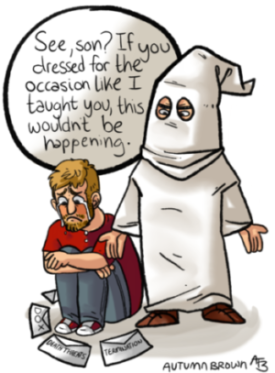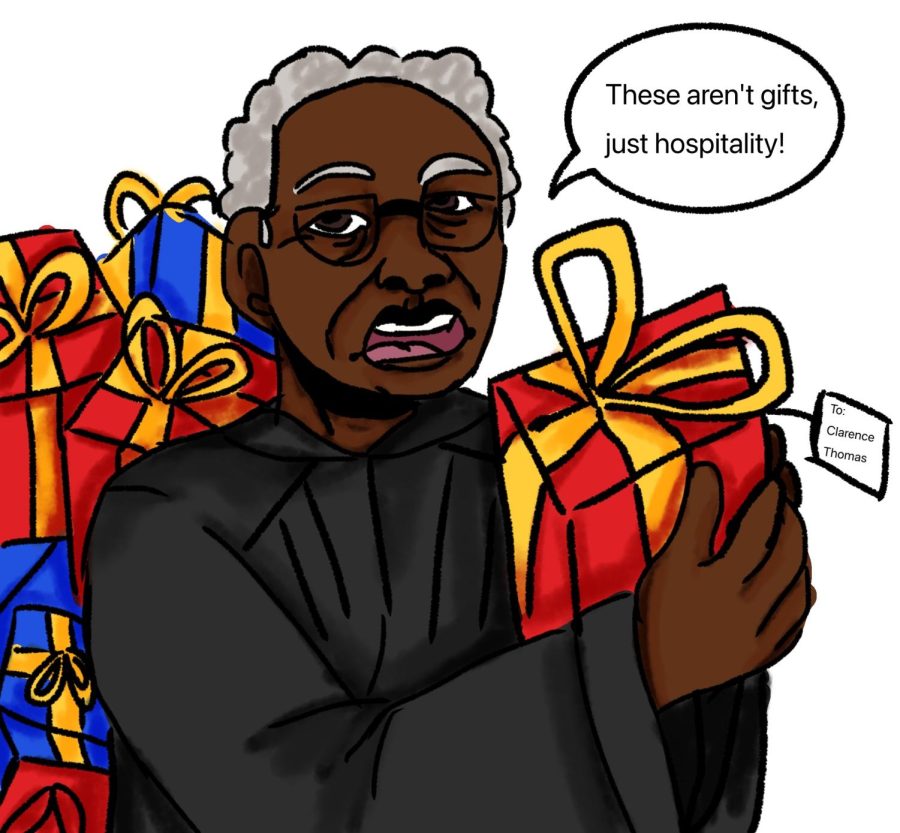
The staff editorial is the majority opinion of The Murray State News Editorial Board
The eyes of the world have settled on the city of Charlottesville, Virginia.
The city of 50,000 is home to the University of Virginia, Thomas Jefferson’s Monticello plantation home and a due-to-be-removed statue of Confederate icon Gen. Robert E. Lee which has sparked one of the largest white supremacist rallies in recent memory.
And the fallout is only just beginning.
Before continuing, it must be made clear that The Murray State News Editorial Board does not support, condone or sympathize with the actions and motives of the neo-Nazi and white supremacist protesters. Their hate speech should not be tolerated or accepted in a nation of which the majority of citizens value multiculturalism, diversity and safety.
However, the “Unite the Right” rally has given birth to a large doxxing phenomenon which, while generally effective at shaming these individuals back into the shadows of society where they belong, raises almost as many questions as it answers.
Doxxing, as defined by the Merriam-Webster Dictionary, is “to publicly identify or publish private information about (someone) especially as a form of punishment or revenge.”
Irresponsibly exercising one’s right to free speech often comes with consequences, and in the case of these Confederate sympathizers, having their ideologies and identities publicly exposed is one such consequence.
These protesters, whose rallying cry is the Ku Klux Klan hallmark “blood and soil” and who have advocated for genocide and violence, are losing the protection of the mob mentality they clung onto and are shedding friends, family and jobs faster than their metaphorical white hoods can be snatched.
But what happens when “citizen journalists,” ordinary people who pride themselves on their Nancy Drew-like detective work, go after the wrong person? And then that person and their family receive death threats and suspicious packages on their doorstep?
The internet, social media in particular, allows the sharing of information at speeds so dizzying they would put a “Fast and Furious” stunt driver to shame. So when the wrong information gets thrown out into cyberspace, it’s nearly impossible to stop.
Professional journalists practice due diligence to the highest degree, as the misidentification of a person can quickly kill a career and severely damage the reputation of the organizations said journalists represent.
But for a Facebook detective, the stakes aren’t so high. And if there is so little to lose, the sense of responsibility one has when handling such delicate situations is lost.
Some will argue the end justifies the means. Others will argue that even one mistake severely damages the credibility of the counter action and possibly even invalidates it completely.
And if the credibility of doxxing is an issue of morality, a consensus will never be reached – what’s considered moral is as different from person to person as a fingerprint.
So then how do we collectively come to terms with the reality of a world in which a few keystrokes can put an innocent person in the crosshairs of passionate and furious justice as quickly as it can unmask a white supremacist for the threat to society they truly are?
If you are committed to holding your fellow countrymen responsible for their vile misuse of the freedom to speak as they please, you yourself must weigh heavily the responsibility you hold in making our country as safe as possible. Death threats, vandalization and fraudulent accusations are not benefiting either side.
The oft-invoked mantra, “with great power comes great responsibility,” rings truer now than it ever has.





























































































